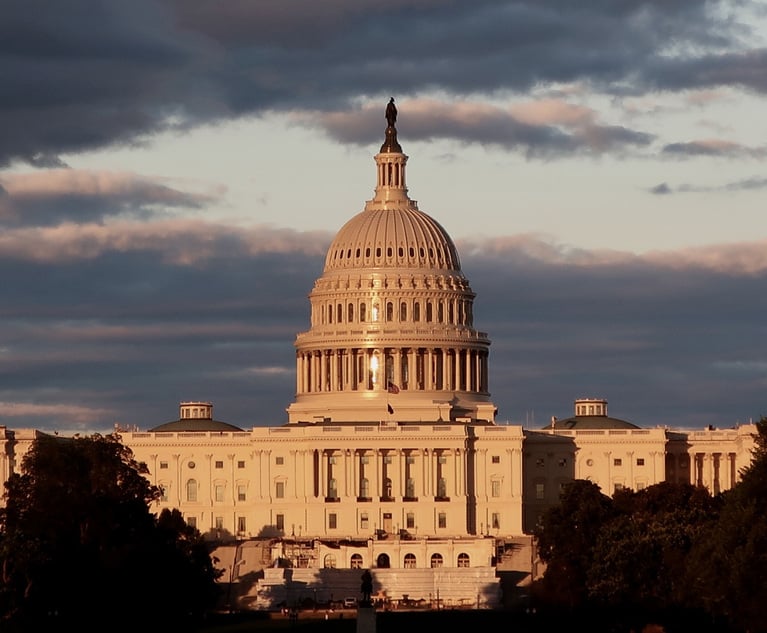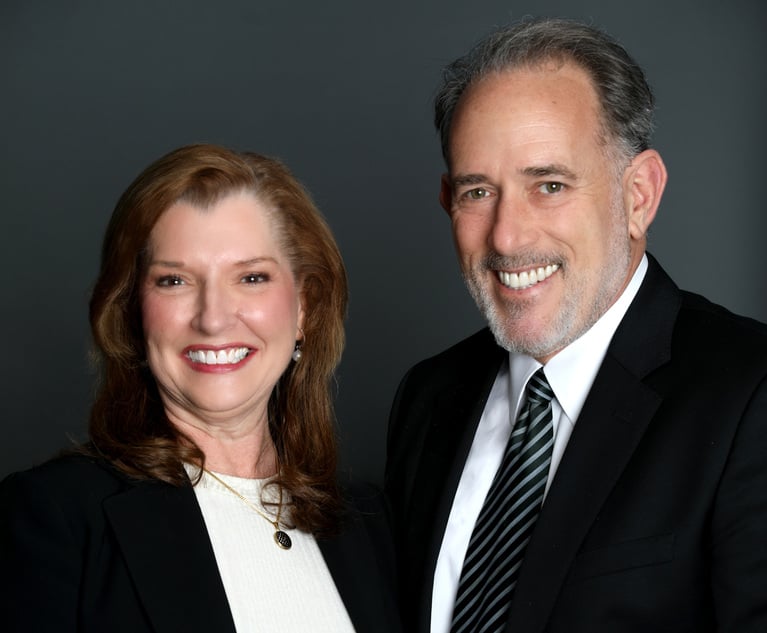Law students who are suddenly struggling to pay their bills amid the coronavirus pandemic might soon get some help beyond those promised government stimulus checks.
AccessLex Institute, a nonprofit organization dedicated to improving access to legal education, has pledged $5 million to help law students experiencing financial strain. Each nonprofit, American Bar Association-accredited law school can apply for a $25,000 in funding from AccessLex. That’s nearly 200 schools. The money will then go into each school’s student emergency fund and be disbursed to students who have been economically impacted by the pandemic. Schools typically have some application or vetting process to manage those requests.
“There are students who can’t pay their rent. Students whose spouses have lost their job. It’s all of those things,” said AccessLex president Chris Chapman in an interview Tuesday. “It’s clear these funds will be tapped at schools, because students are showing up in trouble.”
The AccessLex funds should be in hand at law schools in two weeks or less, Chapman said.
Many law schools already have emergency funds intended to help students in times of financial need. But the scope of the economic fallout of the COVID-19 outbreak and the efforts to contain it mean that many more students likely need help at the same time.
Quite a few law schools are already asking alumni and others in their community to donate to their emergency student funds—which is often a harder sell than funding a scholarship or endowing a chair professorship. But Chapman said he has heard from several law deans that those emergency fundraising efforts are seeing some early success.
AccessLex Institute operates off an endowment and revenue derived from its previous iteration as private student lender Access Group, which issued many loans to law students. Access Group stopped issuing loans in 2010, when the federal government took over graduate student lending. It reorganized into a nonprofit that conducts research and advocates for policies that will make it easier and less expensive for people to pursue law degrees.
“Our decisionmaking here always begins with respect to aspiring lawyers,” Chapman said. “We looked at all of the things facing law students and legal education and thought, ‘How can we help, and how can we help quickly in a way that’s meaningful—particularly for those who need help them most?’ This is the way we determined we could do that.”
NOT FOR REPRINT
© 2024 ALM Global, LLC, All Rights Reserved. Request academic re-use from www.copyright.com. All other uses, submit a request to [email protected]. For more information visit Asset & Logo Licensing.


 (Photo: Shutterstock)
(Photo: Shutterstock)





